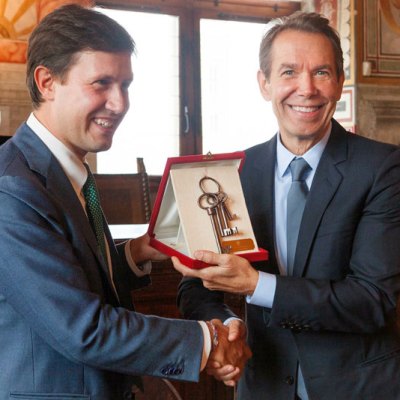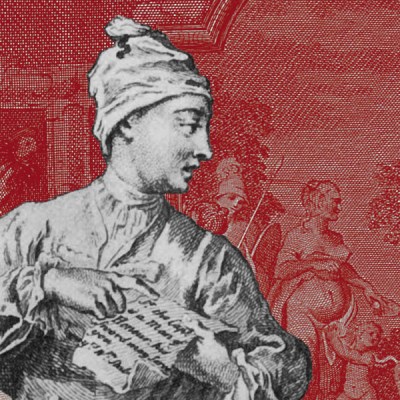Introducing Rakewell, Apollo’s wandering eye on the art world. Look out for regular posts taking a rakish perspective on art and museum stories.
For centuries, artists have warned us of the corrosive effects of vanity by demonstrating the certainty of death and decay. Look through the annals of art history, and with a few notable exceptions, you will find no shortage of reminders that narcissism is not a quality to be admired.
Or at least, it never used to be. According to a study published in the European Journal of Finance, vanity might actually be the key to artistic success. Apparently, ‘narcissism is positively associated with market performance of artworks, and contradicts previous research that concludes narcissism is short term and transient’.
The study, conducted by Dr Yi Zhou of Florida State University has been conducted on the basis that the bigger an artist’s signature, the more vain they are likely to be. What’s more, ‘if an artist only signs initials or the given name, the artist is very narcissistic because he/she considers that the initials or the given name are enough to identify him/her’.
Dr Zhou and her team evaluated more than 400,000 paintings to reach the conclusion that ‘More narcissistic artists also tend to make larger paintings and date their works more frequently’. Which seems like rather a lot of effort to demonstrate what Rakewell dares not suggest might be rather a silly point.
Oh well. Perhaps it goes some way to explaining those enormous mirrored sculptures Jeff Koons, Marc Quinn and others are so fond of producing.
Got a story for Rakewell? Get in touch at rakewell@apollomag.com or via @Rakewelltweets.




